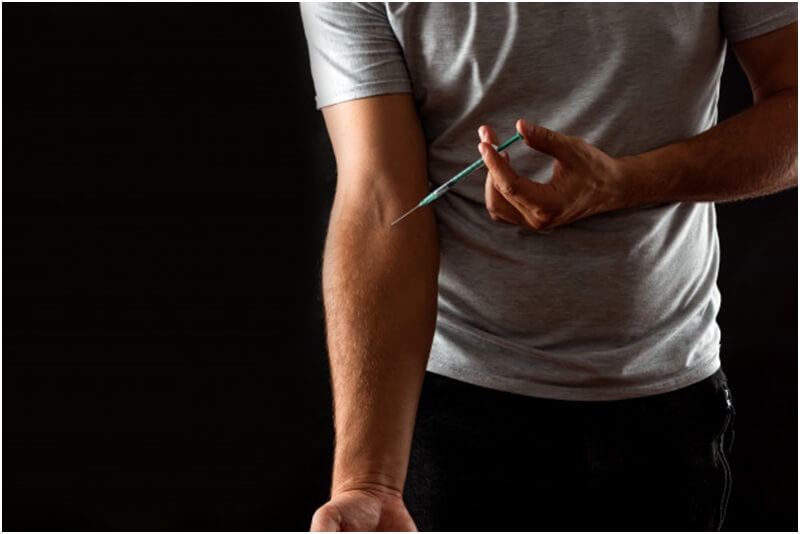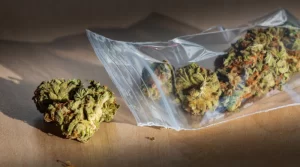
Cocaine is a powerfully, addictive drug that causes dramatic changes in brain chemistry and its behavior. Cocaine’s addiction mechanism appears to operate on the dopamine reward system in the brain. At a point of cocaine addiction, tenacious cocaine cravings begin, gradually intensifying and becoming hard to ignore. Some of the cocaine addiction signs are:
Signs of a cocaine addict:
1. Physical changes
- Enlarged pupils, dilation of eyes that look almost entirely black.
- Nasal congestion.
- Restlessness, increased alertness, and energy.
- Talkativeness, fast speech, or scattered speech—skipping from topic to topic
- Loss of interest in food; weight loss.
- Loss of interest in sleep; insomnia.
- Increased heart rate.
2. Extreme Mood Swings
Cocaine use results in extreme changes in mood. A person can go from social and vibrant to downright hostile and isolated. Usually, cocaine users tend to rely on alcohol after the residual effects of cocaine as a depressant. These are significant signs of cocaine use.
3. Mental Health Problems
Paranoia, anxiety, and depression are commonly seen to be developed in cocaine users. This can even come about as a withdrawal symptom without using the drug, which can be considered as a sign of cocaine drug use. Most cocaine addicts require dual diagnosis – for mental health disorder and their cocaine addiction. It is important to note that many of the indicators of the use of cocaine and other stimulants can be present in the manic phase of bipolar disorder; if these signs and symptoms are present, a psychiatric evaluation may be warranted.
4. Withdrawal Symptoms
Cocaine withdrawal symptoms are intense; they include irritability, insomnia, fatigue, and high cravings. These symptoms can get overwhelming, so it best to get cocaine addiction treatment as soon as possible.
5. Decreased Immunity
Cocaine can suppress immunity. These drug abusers seem to catch colds and other infections more frequently than they did before their substance abuse. Chronic illnesses can be a direct sign of cocaine drug abuse.
6. Paraphernalia
Most cocaine abusers may leave tell-tale paraphernalia behind that can also point towards cocaine use. These items may include – mirrors, razor blades, powdery residue, rolled up currency bills, tourniquets, small spoons, pipes, vaporizers, and hypodermic needles. These all can be evidence of signs of cocaines drug use.
7. Lack of Money
Cocaine is an expensive drug, and a cocaine addict would even mortgage his house to satisfy his drug dependency. This causes financial issues personally and the family involved. The addiction takes over his livelihood. This is an adverse and saddening sign of cocaine drug abuse.
Cocaine Addiction Treatment services provide on-site detoxification and evidence-based behavioural therapies. Patients notably overcome the cocaine addiction by engaging in the various kinds of individual counselling as well as mindfulness therapies.





